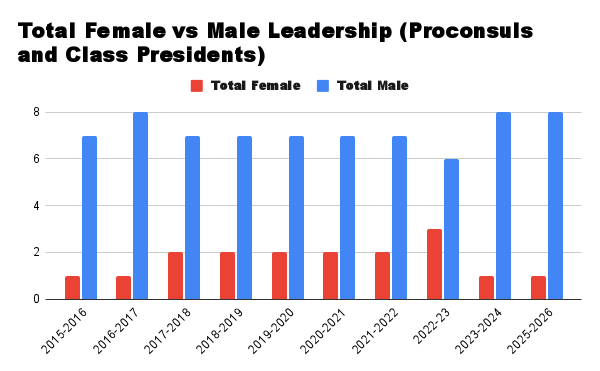As a college preparatory institution, ‘Iolani School’s academic achievement is often viewed as the pinnacle of success. In many cases, your value is dependent on how you can balance rigorous courses, athletics, and extracurricular activities, inevitably creating a high-pressure environment that challenges even the most capable students. In order to address this issue, systemic changes should be enacted such as emphasizing personal growth, in regards to valuing balance and mental health education. Therefore, while ‘Iolani fosters excellence, student decisions regarding their schedules can lead to sleep deprivation and burnout, emphasizing the need for systemic changes and personal reflection in terms of one’s own definition of success and peer pressure, in order to balance ambition with well-being.
The toll of this culture is particularly evident In ‘Iolani’s AP Research class, a capstone for individuals who were accepted into AP Seminar. Kaitlyn Sim ’25 a senior taking five APs shares, “I only get about five hours of sleep each night.” While Logan Lee ’25, also enrolled in five APs, reports, “I average between three to five hours a night.” Completing homework, tests, quizzes, projects, presentations, and more, comes with the expense of one’s mental and physical health. These experiences highlight the broader issue that demanding coursework and other advanced courses can take on a student’s overall well being, emphasizing an increasing worry regarding the effect of academics on sleep.
The culture of academic pressure and the cost of prioritizing academic success over rest is evident at ‘Iolani School. According to the ‘Iolani’s College Counseling Office, of the class of 2024, 91% of students were taking at least one AP course, with many of the students exceeding the four AP cap limit, to obtain a higher GPA. On top of that, 44% of the students participated in either performing arts or in one of ‘Iolani’s 107 academic teams. Further depicting the relentless pursuit of excellence among ‘Iolani’s student body. Creating an atmosphere and culture that more and more achievements are to be expected, inherently requiring more time to sacrifice to complete coursework.
The unfortunate part is that taking multiple AP courses is counterproductive. Dr. Lei Ahina-Dawson explains, “When you are feeling stressed, your amygdala and limbic system are highly activated, and your frontal lobe is not fully engaged. In order to learn effectively, you need your amygdala, the emotional center, to be calm and in a safe state. And so, if you’re worried about performance, you’re not going to perform well, and you’re setting yourself back even further. If you’re sleep deprived, you cannot show up at school with your brain in its ideal state to learn when you’re sleep deprived and you’re feeling pressure and stress. It just biologically can’t happen.” This vicious cycle leads to students staying up late to study, then performing poorly due to fatigue, and being set back even further when losing sleep to catch up. Over time this can lead to burnout and long-term health consequences. The science behind stress and its implications on our brains, reveals that students should be more hesitant and realistic when scheduling classes, especially by not committing themselves to too many courses.
Beyond academics, the culture of competition further emphasizes these issues at ‘Iolani. Awards like Top Scholar and Headmaster’s List are meant to celebrate success but can leave others feeling inadequate. “My friends sometimes feel ashamed they weren’t called up for an award, even though they’re trying just as hard,” an anonymous junior said. Acknowledging the awards, Dr. Dawson highlights the importance of redefining success “I would love to see more recognition for personal growth and contributions, not just GPA.”
While ‘Iolani is home to various and abundant opportunities for students to pursue their interests, students must balance ambition with well-being, taking courses because they feel a passion in the matter, not just to boost their GPA. Steps that can be taken on an institutional level to foster a healthier environment include recognizing personal growth, and educating students on balance and mental health. At the same time, students and the student body should internally work towards redefining what it means to “succeed,” as well as being aware of peer-pressure. Dr. Dawson concludes, “Be kind to your brain. Sleep isn’t just rest; it is important to live a meaningful life.”





